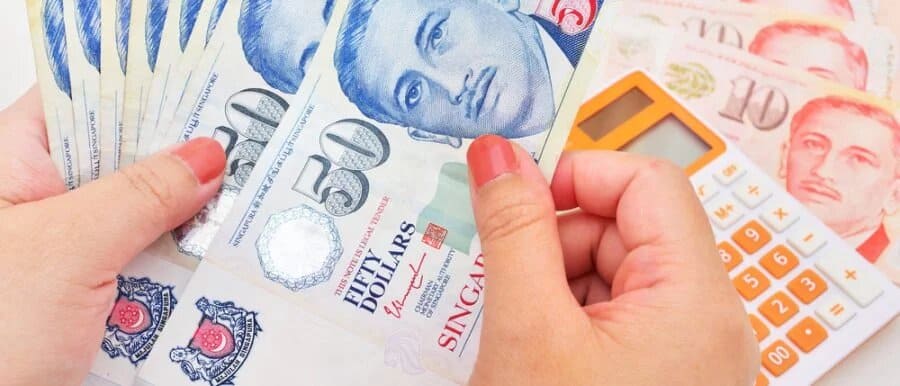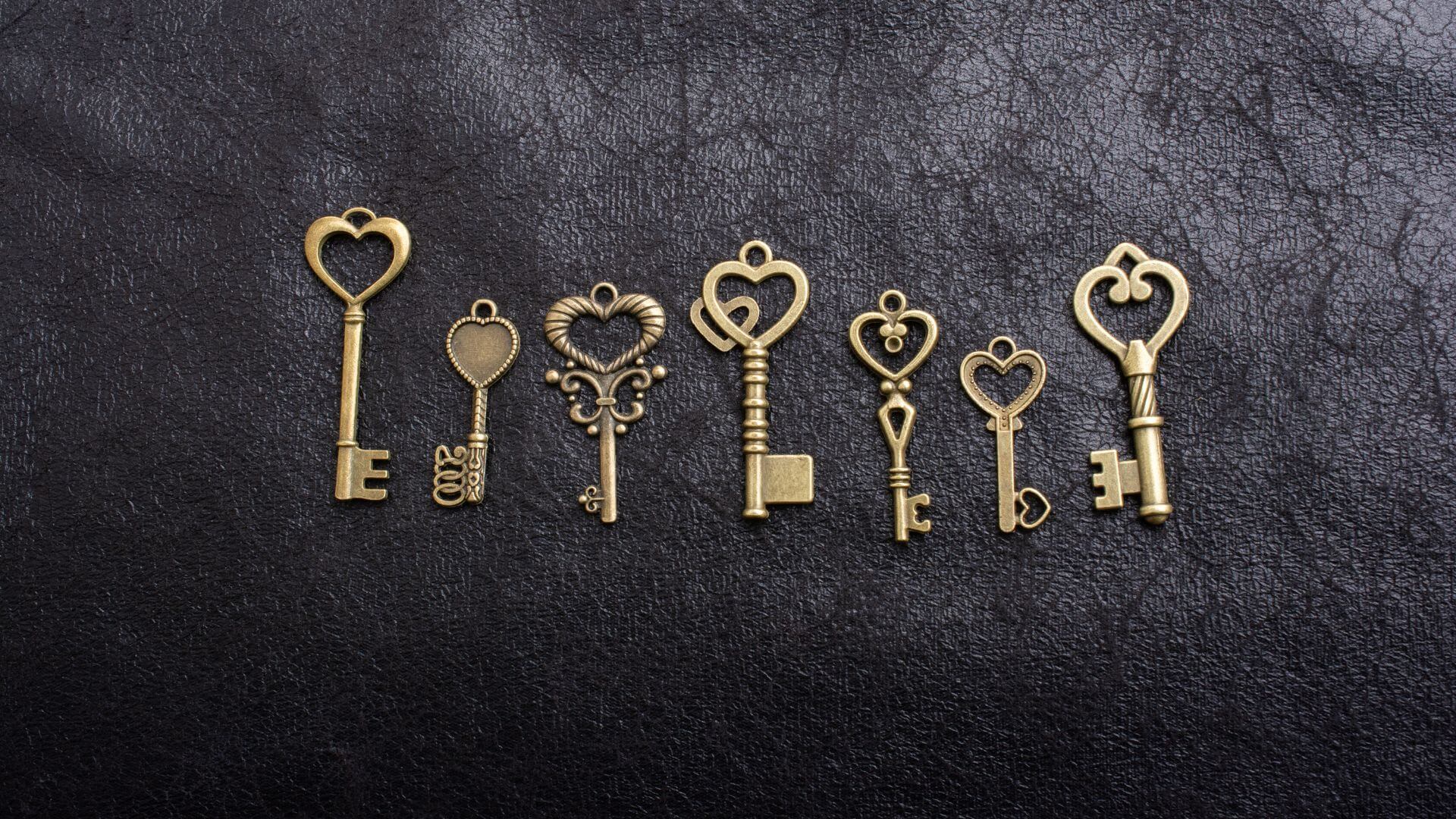There are many pros and cons to owning a piece of private property, of which cash-out refinancing is hands down the best advantage.
In this article, we’ll show how you can borrow half a million dollars for your private property at an unbelievably low rate.
What’s cash-out refinancing?
It’s one dirty secret as to why rich people get richer, and poor people live off economy rice despite having fully paid-up flats. You can read more about it here, but this is the quick summary:
A cash-out refi is when you use the built-up value of your house as collateral for a loan. It unlocks capital tied up in your property, without you having to actually sell your house.
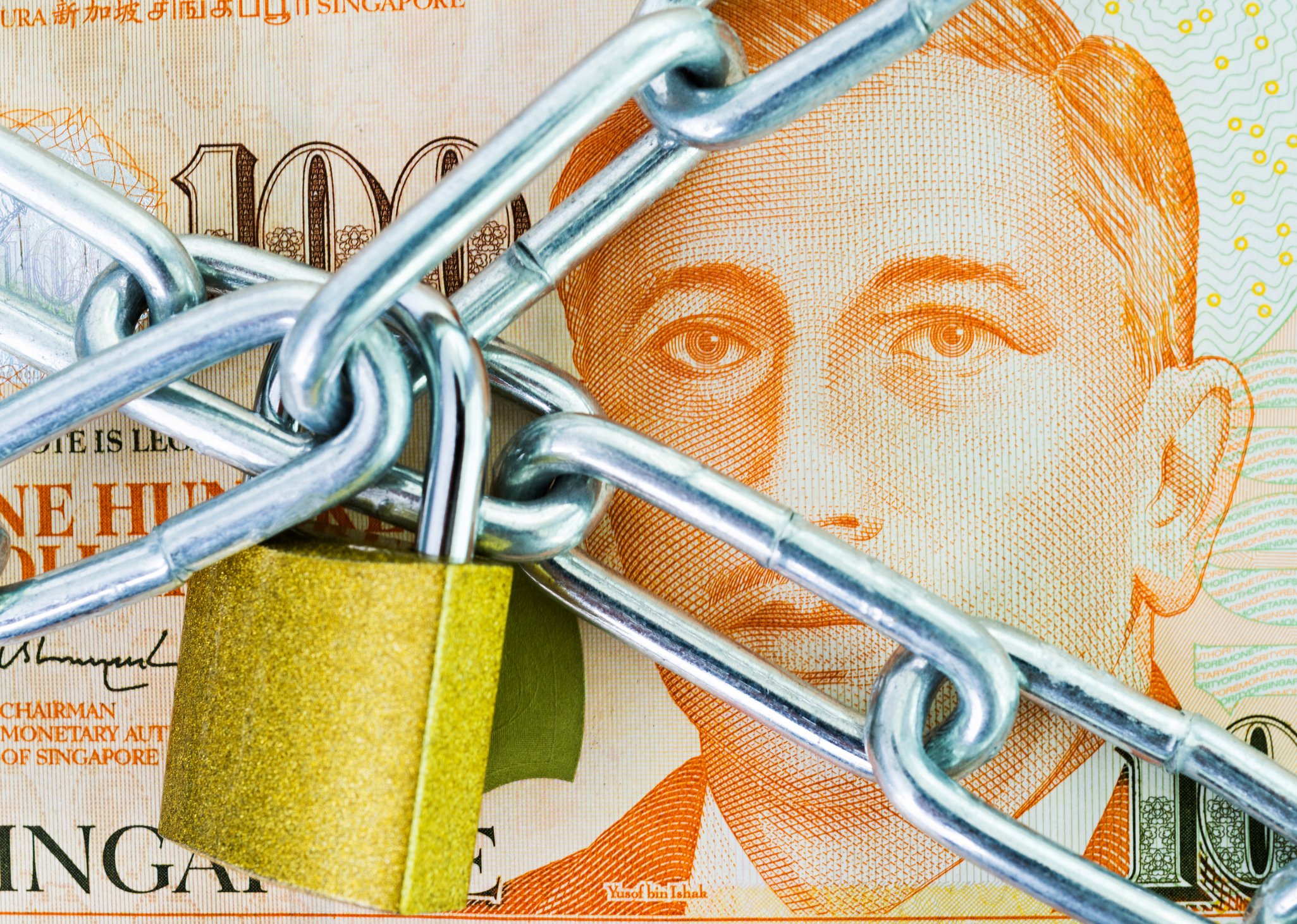
For example: let’s say that 20 years ago, you bought yourself a condo for $700,000. Back then things were cheap, like $8 movie tickets, $2.50 meals, and Lindsay Lohan. Today however, your condo has appreciated to a value of $1.2 million; and you only have $200,000 left to pay off on the loan.
Now, say you want to get enough money to start a business. You could do a cash-out refi on the house. This would let you borrow up to 75 per cent of your property value, minus any outstanding home loan amount. In this case, you could borrow:
(75% of $1.2 million, or $900,000) – ($200,000 outstanding loan) = $700,000
That’s a huge sum that you couldn’t normally borrow.
(But note that if you used your CPF money to finance your house, you need to return the CPF money you used with interest first; you can’t use this as a way to draw out your CPF funds early).
Cash-out refinancing is a huge advantage, for those who own private property – there’s no way to do this with an HDB flat. But before you go ahead with it, know the pros and cons:
Pros of a cash-out refi:
- One of the cheapest loans you can get
- Gigantic loan quantum
- Unlock the cash value of property without selling
1. One of the cheapest loans you can get
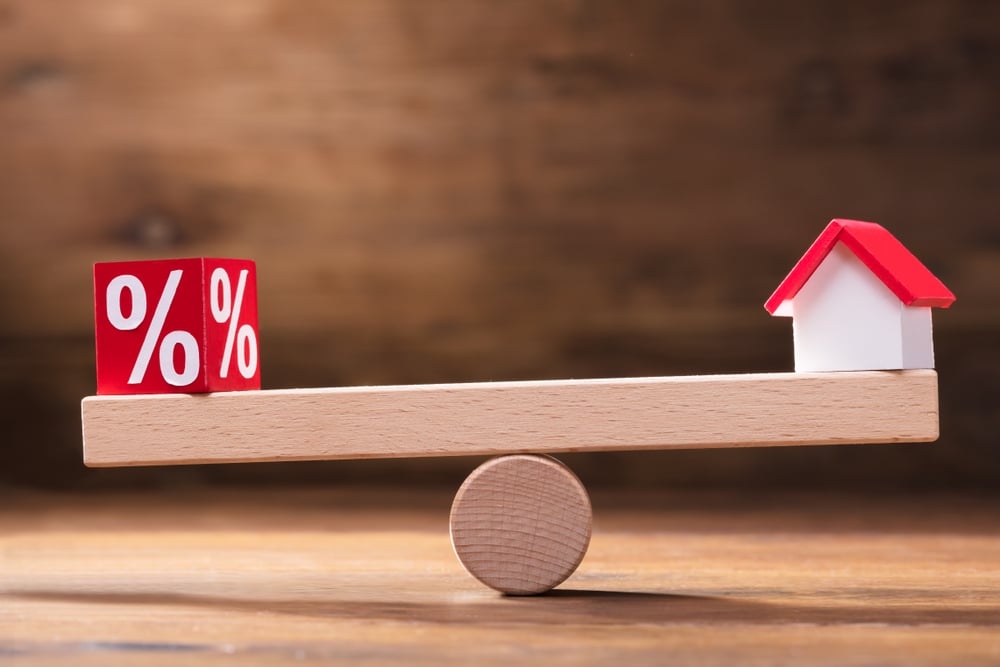
At the time of writing, interest rates for a cash-out refi range from between 1.3 to 1.6 per cent per annum. This is way cheaper than most major loans. For example, a business loan or personal loan has a rate that’s upward of six per cent.
Due to the low interest rate, some people use this as a way to consolidate and pay off debts. For example, say you owe $200,000 in various business debts, snowballing at around nine per cent per annum. If you can get a home equity loan to pay off the $200,000, you’d consolidate them into a single debt with a rate of just 1.6 per cent.
2. Gigantic loan quantum
For most bank loans, the total you can borrow is four times your monthly income. A cash-out refi is your best shot, if you need a large sum to consolidate all your debt, open a business, send you children to university abroad, etc.

It mitigates the need to take on multiple smaller loans, at higher interest rates.
3. Unlock the cash value of property without selling
Sometimes, selling your property isn’t an option. Maybe you can bear to do it emotionally, or you have to stay near dependents (e.g. elderly parents). Or maybe your children have a good shot at going to a school nearby, and you laughed for 15 minutes when the education Minister said “all schools are good schools”.
Well if you’re not going to sell, and you’re not going to rent out rooms or something, this is your final alternative.
Cons of a cash-out refi
- Your house is the collateral
- Temptation abounds
- The administrative fees are steep
1. Your house is the collateral

Why do you think the interest rate is so low? The bank knows you can’t run away with a house, and that you’re unlikely to skip payments if homelessness is a consequence. It’s weird how the banks think of all the possibilities; almost as if they’re experts in stealing money or something.
Anyway, your house is what secures that rock-bottom rate. But if you fail to pay the loan, the bank does get to foreclose; so don’t take these loans likely.
(Also for this reason, your cash-out refi must come from the same bank that holds your mortgage. Your house can’t be collateral to two different banks this way).
2. Temptation abounds
There’s an inverse relationship between a sudden windfall, and the receiver’s IQ at that point in time. Just ask all the lottery winners who are living in public shelters.
It’s quite common for people to take out way more money than they need during a cash-out refi, and then spend it on a luxury. If you have $700,000 as in the above example, and you spend only, say, $300,000 to set up your business, you’d better have ironclad discipline.
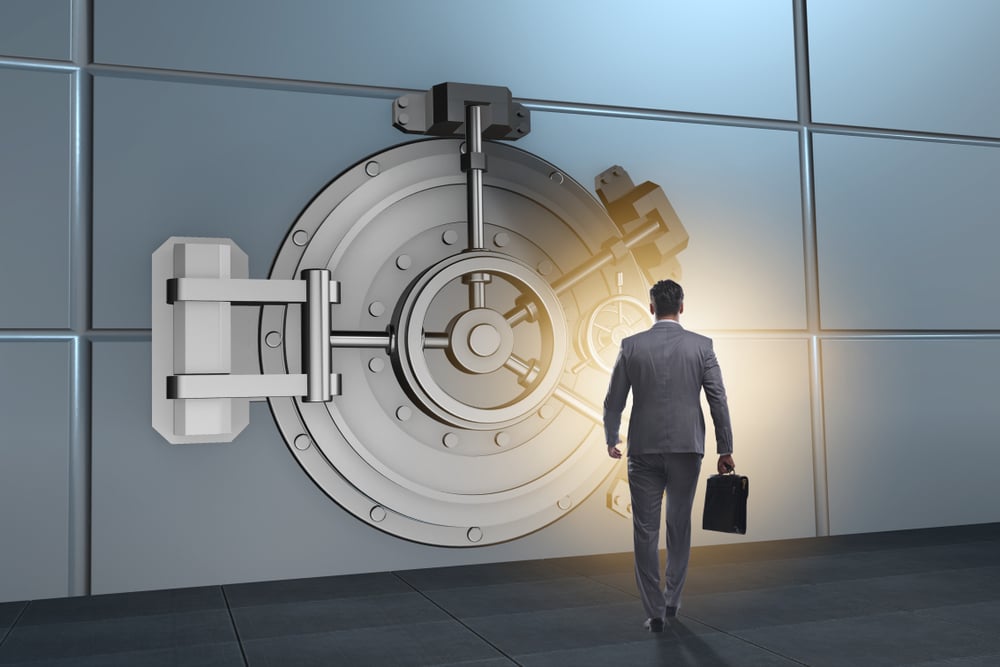
Otherwise, the excess $400,000 tends to go into things like luxurious home renovations, or into a drawer at the MBS casino. This really isn’t a financial tool for spendthrifts and gamblers; that’d be like giving a truckload of fireworks to an arsonist.
You know yourself; and if you have no financial discipline, don’t take this loan.
3. The administrative fees are steep
It can cost as much as $3,000 just to process the legal fees for cash-out refinancing. It can cost even more, if you need to pay for other costs such as a valuation of the house. So while the interest rate is low, you do need to factor in the cost of these additional fees.
Originally published on 99.co, Singapore’s biggest property portal.

